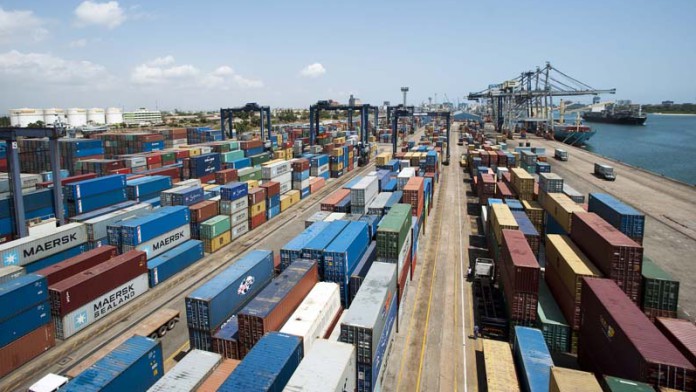
ACACIA Mining will comply with part of newly enacted legislation in Tanzania which increases revenue-based royalties to 6% from the previous levy of 4%.
The UK-listed gold producer said in an announcement today that the decision to pay the higher royalty, which is applicable on gold, copper and silver exports, was to “minimise further disruptions to our operations”.
“Acacia notes the publication of Tanzania’s official Government Gazette of new legislation governing the natural resources sector,” it said. “Of the legislation passed, the Written Laws Miscellaneous Amendment Act, being an amendment bill to the 2010 Mining Act, is now in force and is being applied by Tanzanian authorities.”
Acacia Mining will also continue to pay the recently imposed 1% clearing fee on exports. The fee was imposed following an embargo of the firm’s mineral concentrate exports at the port of Dar-es-Salaam.
“The bad news is that Acacia had little choice in the matter,” said Investec Securities. “The good news is that it cannot pay clearance fees on concentrates it is not allowed to export or royalties on associated revenues that it is therefore not receiving,” it said. “The loss of this income (extortion money?) to the government may prompt them to actually start resolving the concentrate ban issue.”
The imposition of the higher royalty adds further financial pressure to Acacia’s mines, especially its Bulyanhulu and Buzwagi operations which have been affected by the export embargo since about April.
The company said on June 2 that its cash balance had fallen by $116m in two months as a result of the concentrates embargo. Its then current gross cash balance was $165m compared to $281m as of March 31. The company said the cash outflow from the two mines was about $15m per month.
Brad Gordon, CEO of Acacia Mining, said a point in time may arrive when it was necessary to put Bulyanhulu on care and maintenance, a step that would have a once-off cost of $30m and $2m to $3m in monthly costs. Buzwagi is nearly mined out.
Earlier this week, AngloGold Ashanti joined Acacia in turning to arbitration to settle the issue of the new legislation which, in essence, gives the Tanzanian government the right to renegotiate mine development agreements (MDAs). In the case of Geita, AngloGold Ashanti’s Tanzanian mine, the MDA has been in place for 20 years.
Among the changes are a provision for the Tanzanian government to take a 16% stake in mining assets at no cost with the right to buy shares equal to half the business.
At production of 489,000 ounces of gold last year, Geita was comfortably AngloGold’s single largest mine, contributing nearly 40% of continental Africa’s 1.3 million oz. Gold production from continental Africa (excluding South Africa) is equal to 36% of total AngloGold output.
“AngloGold Ashanti’s subsidiaries are seeking a constructive dialogue with the GoT [Government of Tanzania], and its agencies, to gain assurances that Geita Mine will not be affected by these legal and fiscal changes,” it said in a statement to the Johannesburg Stock Exchange on June 13.
“In the circumstances, the subsidiaries have, however, had no choice but to take the precautionary step of safeguarding their interests under the MDA by commencing arbitration under the rules of the United Nations Commission on International Trade Law as clearly provided for in the MDA,” it added.
Acacia’s 64% shareholder, Barrick Gold, is also running separate direct company-to-government negotiations in an attempt to find a way through the crisis.








